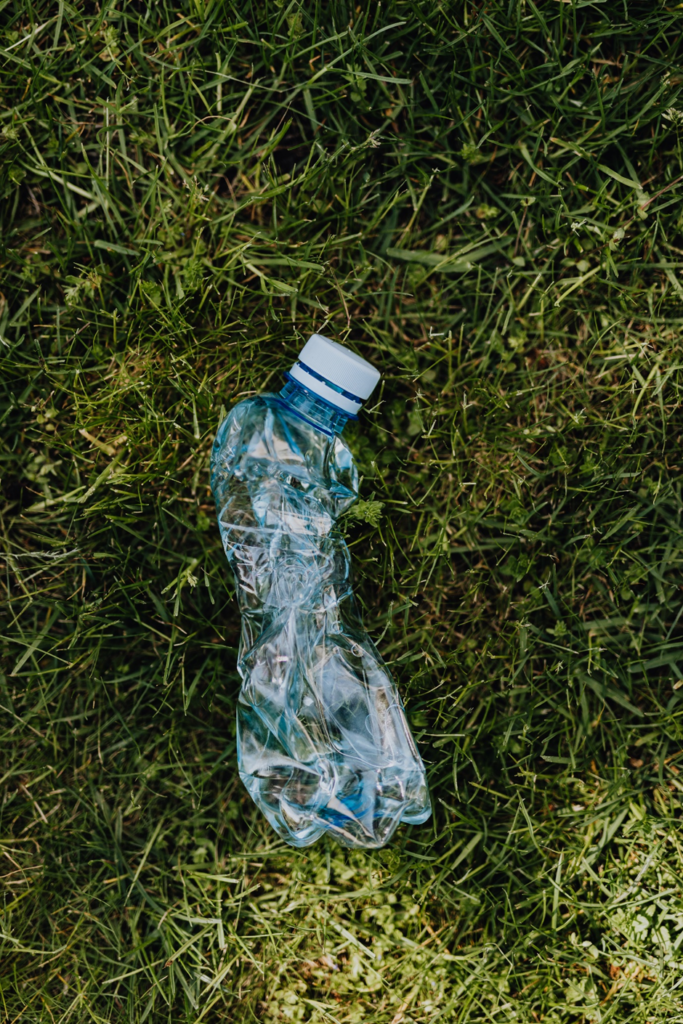Recycling is a very well-known and popular concept. Almost everyone on the face of this planet has either heard or read about recycling throughout their lifetime. Despite that, approximately 12.7 million tonnes of plastic annually enter the oceans. In India, approximately 3 kgs of plastic are used by a single person every year, which adds up to 3.5 million tonnes of plastic waste a year. Of all sorts of plastics that we use, single-use plastics are the most harmful products for the environment, simply because their usage is limited and they are almost impossible to dispose of, creating trash that will last for centuries before turning into microscopic pieces of non-biodegradable matter. Around the world, one million plastic bottles are bought every minute, while around 5 trillion tonnes of plastic bags are used yearly!

These concerning statistics are what led to a yearly celebration of Plastic-free July. What took shape in the West of Australia with a handful of participants back in 2011 has since taken shape and become an independent, non-profit organization and an annual event that takes place in over 150 countries. The vision is to create a world free of plastic waste, by making people conscious of their plastic waste and spreading the education required to do so.

The whole notion behind this month is to challenge people to minimize their plastic usage as much as they can, which will in turn create habits that will extend beyond the one-month event. The movement fulfils the requirement of educating the masses about the dangers of single-use plastics and providing them with alternatives. Let us look at some substitutes that will help you stay as plastic-free as possible, not just this month, but throughout your life.

Most single-use plastic products such as plates, spoons, cups, plastic bags, etc. are on the verge of being permanently banned. With such a motion underway, producers have created many alternatives that are bio-degradable and come with long-term benefits for the environment and the consumers.
Beeswax
Choose beeswax wraps rather than buying endless rolls of plastic wrap. These environmentally friendly food covers are created from organic cotton, which is then covered in beeswax, tree resin, coconut or jojoba oil, or both. These reusable plastic wrap substitutes are freezer-safe, waterproof, and with good maintenance, can last up to 12 months. When you’re done with them, they won’t end up at the bottom of the ocean because they are entirely compostable and biodegradable. Also available are wraps free of animal products that have soy or other vegan-friendly plant waxes on them.
Paper or metal straws
An estimated 10 million plastic straws are discarded daily. It’s simple to convert to more environmentally friendly substitutes like glass, stainless steel, or silicon rather than contributing to the pile of straws. Do you want 30 youngsters at your party to stay away from the glass tubes? Well, a good alternative for that is cardboard straws.
Silicone food covers and lids
Silicone is a little ambiguous in terms of sustainability. Although it is officially made from silica, a sand-derived product, it typically falls between synthetic rubber and a synthetic plastic polymer in terms of consistency. However, it is a step toward the right path when given the option of reusable silicone food covers or single-use plastic wrap. These plastic lids are available in a variety of sizes and are perfect for extending over bowls of leftover food or covering sliced fruits or vegetables (solves the problem of how to preserve half an onion).
We must all become serious about this issue at hand; movements like Plastic Free July are only a direction shown to us. Only the collective and conscious efforts of people across the world can convert the plastic-free July into a plastic-free universe.

